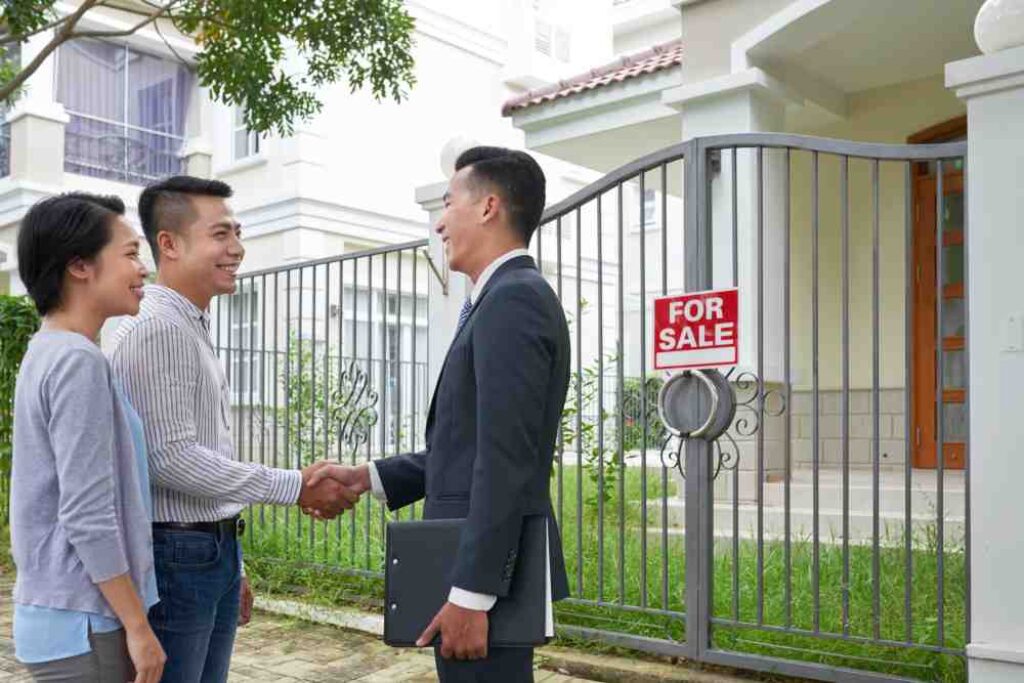
Freehold vs. Leasehold in Malaysia: Understanding Property Tenure
Confused between freehold and leasehold properties in Malaysia? Learn the key differences, pros, cons, and how to make the best investment choice in this detailed guide.
In Malaysia, property ownership is a significant aspect of wealth building and investment; however, the terms “freehold” and “leasehold” often create confusion for buyers. These terms define the type of land tenure, impacting ownership rights, costs, and long-term value. Freehold properties grant perpetual ownership, whereas leasehold properties are held for a fixed term, typically ranging from 99 years to a specified duration. This article explores the differences between freehold and leasehold properties in Malaysia, their pros and cons, and addresses common questions about freehold vs leasehold in Malaysia through five FAQs.

Understanding Freehold and Leasehold
Freehold properties in Malaysia confer ownership of the land and the building on it indefinitely. The owner has full rights to use, develop, or transfer the property without time restrictions, subject to local laws. Freehold properties are typically more expensive due to their permanence and are highly sought after, especially in urban areas like Kuala Lumpur and Penang.
Leasehold properties, conversely, are leased from the state or a landowner for a specific period, usually 30, 60, or 99 years. Upon lease expiry, ownership reverts to the state unless the lease is renewed, which often involves additional costs. Leasehold properties are common in government-developed areas or regions with limited freehold land, such as parts of Johor and Sabah.
Both tenures are governed by Malaysia’s National Land Code 1965, which outlines property rights and obligations. Understanding these distinctions is crucial for buyers, as they affect investment potential, financing, and property use.
Pros and Cons of Freehold Properties
Pros
- Perpetual Ownership: Freehold properties offer permanent ownership, providing homeowners and investors with peace of mind. There’s no need to worry about lease renewals or reversion to the state.
- Higher Resale Value: Freehold properties generally appreciate better over time due to their scarcity and enduring ownership. They are more attractive to buyers, ensuring stronger market demand.
- Flexibility: Owners have greater freedom to modify, develop, or transfer the property without requiring state approval, making freehold ideal for long-term projects such as custom homes or commercial developments.
- Easier Financing: Banks view freehold properties as lower-risk, often offering better loan terms, higher loan-to-value ratios, and longer repayment periods.
Cons
- Higher Cost: Freehold properties command premium prices, especially in prime locations. This can be a barrier for first-time buyers or those with limited budgets.
- Limited Availability: Freehold land is scarce in urban centers and new developments, as much of Malaysia’s land is state-owned and leased out to private entities.
- Higher Maintenance: Owners bear full responsibility for maintenance and compliance with local regulations, which can be costly for larger properties.
Pros and Cons of Leasehold Properties
Pros
- Lower Initial Cost: Leasehold properties are generally more affordable, making them accessible for first-time buyers, young families, or investors seeking high-yield opportunities.
- Availability in Prime Areas: Many new developments in cities like Kuala Lumpur and Johor Bahru are leasehold, offering buyers access to desirable locations at lower price points.
- Government Support: Leasehold properties in government-backed projects often come with incentives, such as discounts for Bumiputera buyers or infrastructure support.
- Lower Upfront Taxes: Some leasehold properties have lower stamp duties or transfer fees, reducing the initial financial burden.
Cons
- Limited Tenure: The lease term (e.g., 99 years) means ownership is temporary. As the lease nears its end, property value may decline, and renewal costs can be substantial.
- Renewal Uncertainty: Lease renewals are subject to state approval and may involve high premiums, especially for prime land. There’s no guarantee of approval.
- Financing Challenges: Banks may offer shorter loan tenures or lower loan amounts for leasehold properties, particularly those with shorter remaining leases (e.g., less than 30 years).
- Restrictions on Use: Leasehold properties often come with conditions set by the state, limiting modifications or commercial use without prior approval.
Economic and Practical Considerations
The choice between freehold and leasehold depends on the buyer’s goals, budget, and risk tolerance. Freehold properties are ideal for those prioritizing long-term investment and legacy planning. They offer stability and potential for significant appreciation, especially in high-demand areas like Penang’s George Town or Kuala Lumpur’s KLCC. However, their high cost can strain finances, particularly for younger buyers.
Leasehold properties, although more affordable, are suitable for buyers seeking short- to medium-term gains or those entering the property market in prime locations. For example, leasehold condominiums in Johor Bahru’s Iskandar Malaysia are popular among investors due to their proximity to Singapore. However, buyers must factor in lease renewal costs, which can range from thousands to millions of ringgit, depending on land value and remaining tenure.
Malaysia’s property market trends also influence the decision. In 2024, the National Property Information Centre (NAPIC) reported that freehold properties in Selangor and Penang commanded 20-30% higher prices than comparable leasehold properties. Yet, leasehold developments in new economic zones, such as Iskandar Malaysia, saw higher transaction volumes due to their affordability.
Legal and Financial Implications
Both tenures involve legal considerations. Freehold owners must ensure compliance with local zoning and development laws, while leasehold owners must understand the lease terms, including restrictions and renewal processes. Engaging a property lawyer is advisable to navigate these complexities.
Financing is another critical factor. Banks typically offer loans up to 90% of the property value for freehold homes, but may cap leasehold loans at 80% for properties with shorter leases. Interest rates may also be higher for leasehold properties nearing the end of their term.
Future Outlook
Malaysia’s property market is evolving, with urbanisation and land scarcity driving demand for leasehold developments. The government’s push for affordable housing, such as the PR1MA initiative, often involves leasehold properties to keep costs low. Meanwhile, freehold properties remain a premium asset, particularly in heritage areas or established suburbs.
Buyers should weigh their priorities—long-term security versus affordability—and stay informed about market trends. Consulting with real estate experts and researching specific projects can help clarify whether a freehold or leasehold arrangement aligns with their goals.
Conclusion
Choosing between freehold and leasehold in Malaysia is a decision that hinges on financial capacity, investment horizon, and lifestyle needs. Freehold offers permanence and prestige, but at a higher cost, while leasehold provides affordability and access to prime locations, albeit with the trade-off of temporary ownership. By understanding the pros, cons, and market dynamics, buyers can make informed choices that align with their aspirations.
Frequently Asked Questions (FAQs)
- What is the main difference between freehold and leasehold properties in Malaysia?
Freehold properties grant perpetual ownership of land and buildings. In contrast, leasehold properties are leased for a fixed term (e.g., 99 years), after which ownership reverts to the state unless it is renewed. - Are freehold properties always a better investment than leasehold?
Not necessarily. Freehold properties offer long-term value but are generally more expensive. Leasehold properties can yield high returns in prime areas, especially if purchased early in the lease term, but renewal costs must be considered. - How expensive is it to renew a leasehold property’s lease?
Renewal costs vary based on land value, location, and remaining lease term. Premiums can range from a few thousand to millions of ringgit, subject to state approval. - Can foreigners buy freehold or leasehold properties in Malaysia?
Yes, foreigners can buy both, but restrictions apply. For example, foreign ownership of landed properties is limited, and minimum purchase prices (e.g., RM1 million in Selangor) may apply to both tenures. - How does the remaining lease term affect a leasehold property’s value?
A shorter remaining lease (e.g., less than 30 years) reduces property value and limits financing options, as banks view it as a riskier investment. Longer leases (e.g., 99 years) are more attractive to buyers.




